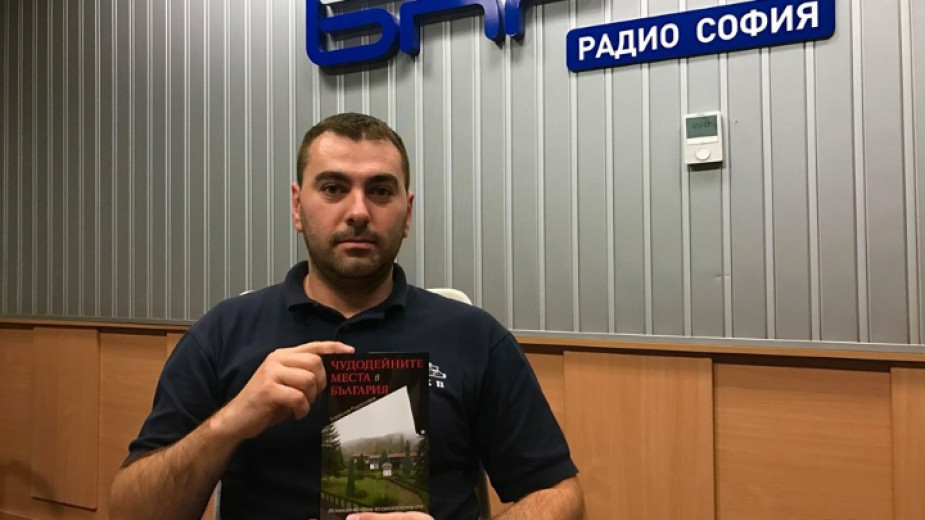The fight against the spread of the novel coronavirus around the world has imposed necessary changes in people's daily lives as well as in rituals and the way the Christian world celebrates the Resurrection of Christ.
Despite the state of emergency, which lasts until May 13, Orthodox churches in Bulgaria are open both during the Holy Week and on Easter. Services must be conducted with strict safety measures in place as to prevent mass gatherings of people.

A Radio Bulgaria poll has showed that despite of being tired and worried about the future after the end of the pandemic, Resurrection will brighten up souls and homes of Bulgarians, although celebrations this year will be more moderate.
"It will be different in churches as probably there would be fewer people, but I think it's not a bad idea to go and light a candle in front of the icons and celebrate this wonderful holiday, observing all safety measures,” journalist Borislav Radoslavov says. “People could also pray in front of the icon at home, as we were advised.”

According to him, at the backdrop of all negative effects, the coronavirus epidemic has also had positive effects on some people:
"I hear more people talking about God, faith, and humility. I wish this would continue after the end of the epidemic."
Entrepreneur Mihaela Stoykova sees an opportunity for change when the virus crisis is over:
"I think that the current situation can give us many positive effects, such as making us more united and paying much more attention to the really important things in life that no one can take away from you – help from family and friends and believing in good."
Speaking about the holiday, Mihaela, who is a Protestant, calmly accepts the fact that she would spend it at home without attending church services. Since the beginning of the state of emergency, services have been conducted online.
"Despite the situation, I will celebrate Easter, as I always did," Antoaneta Yotova told Radio Bulgaria. "I will comply with advice and I will not go to church, but I will gather with three or four people and we would have dyed eggs and kozunak."
Her attitude to faith and God remains unchanged by the pandemic, but she hopes that those who were used to denying God and the possibility of saving our souls would change their worldview.
The extraordinary measures and uncertainty that accompanies this year's Easter create discomfort for some citizens:
"I am a person who follows traditions," says interpreter Diana Dimitrova. "My family gathers on Easter; we go to church and have lunch together and I will definitely miss it, but I would not experience it as some trauma because we just need to put up with the situation.”
Diana and her husband were used to celebrating the Resurrection of Christ together with their daughter, who has been living in Germany, but because of the isolation and travel bans, this year they will be together only online. Such online meetings will be part of the festive atmosphere in thousands of other Bulgarian homes.
English: Alexander Markov
Photos: BTA and Luiza LazarovaThe international wine festival "Bolgrad Wine Fest" is opening today in the unofficial capital of ethnic Bulgarians in Ukraine - Bolgrad. The two-day event will be held at the Center for Culture and Recreation. For the first time, within the..
The 33rd Bulgarian polar expedition is heading to Antarctica to continue its scientific research in cooperation with scientists from different countries. For the first time, travelers from two Balkan countries - Greece and Montenegro, as well as from..
The program of the Orthodox Book Week offers meetings with authors, publishers and translators of Orthodox books from the last few years. The event is held until November 10 at the ''St. Procopius of Varna'' Church, with meetings taking place every..
According to the Annual Report on the Health Status of Bulgarian Citizens for 2023, t he main cause of death in Bulgaria is diseases of the..
At the Bulgarian Embassy in London, Prof. Bettany Hughes presented excerpts from the new BBC series - Wonders of Bulgaria. Prof. Bettany..
Over 3.5 million Ukrainians have arrived in or passed through Bulgaria since the beginning of the war. Nearly 200,000 people have found temporary..

+359 2 9336 661
